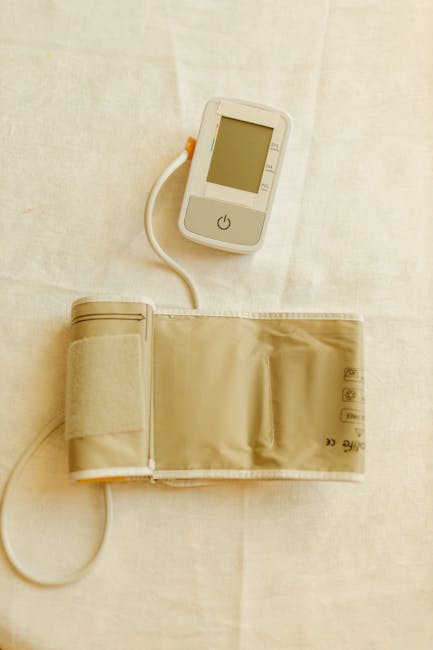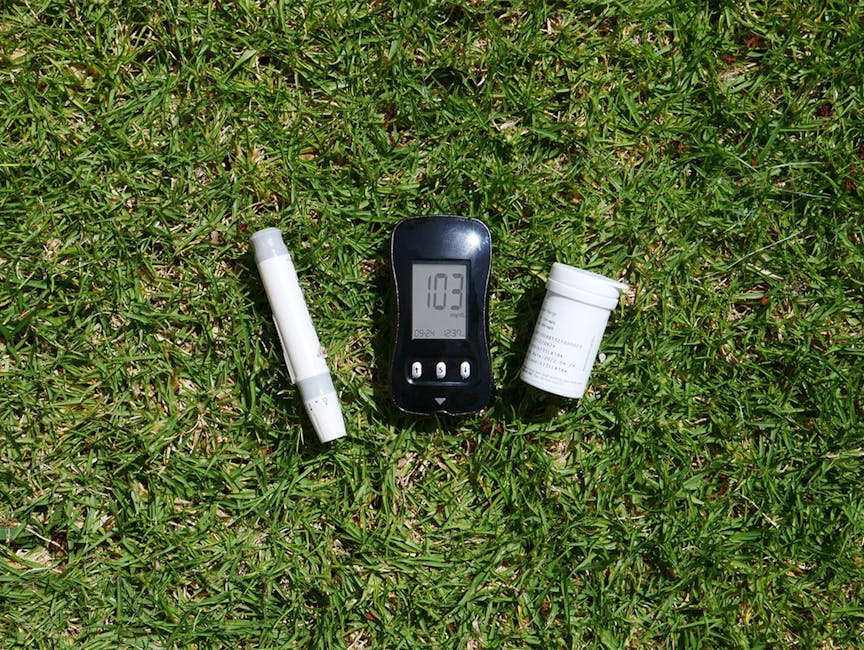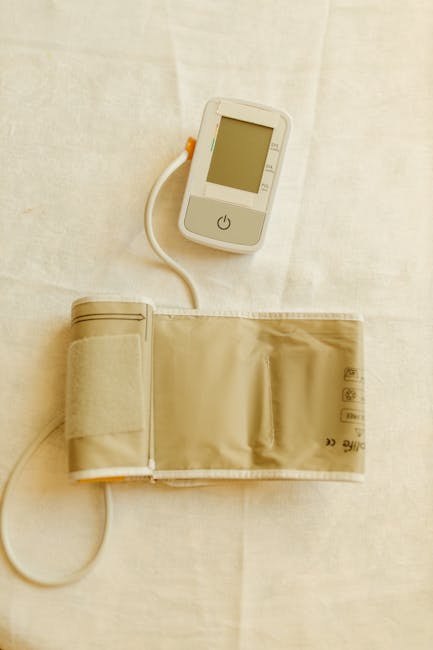How to Bring Your Blood Pressure Down Quickly: Safe and Effective Strategies
High blood pressure, or hypertension, is a silent killer affecting millions worldwide. While medication is often necessary for long-term management, understanding how to lower your blood pressure quickly in emergency situations or to prevent further spikes is crucial for your health. This comprehensive guide explores safe and effective strategies to help you manage your blood pressure effectively.
Understanding Blood Pressure and Its Risks
Blood pressure is the force of your blood pushing against the walls of your arteries. It’s measured in millimeters of mercury (mmHg) and expressed as two numbers: systolic (the top number) and diastolic (the bottom number). High blood pressure, generally defined as 140/90 mmHg or higher, increases your risk of serious health problems, including:

- Heart attack
- Stroke
- Kidney failure
- Vision loss
- Peripheral artery disease
It’s vital to note that this article provides information for managing blood pressure fluctuations and is not a substitute for professional medical advice. Always consult your doctor before making any significant changes to your diet, exercise routine, or medication regimen.
Immediate Actions to Lower Blood Pressure
If you experience a sudden, significant spike in blood pressure, these steps can offer immediate relief:

- Stay Calm: Stress significantly elevates blood pressure. Practice deep, slow breathing exercises to calm your nervous system. Try inhaling deeply through your nose, holding your breath for a few seconds, and exhaling slowly through your mouth. Repeat this several times.
- Check Your Medications: If you are on blood pressure medication, ensure you’re taking it as prescribed. Missed doses can contribute to spikes.
- Sit or Lie Down: Changing positions can help regulate your blood pressure. Avoid strenuous activity.
- Avoid Caffeine and Alcohol: These substances can temporarily increase blood pressure. Avoid consuming them if you experience a sudden spike.
- Contact Your Doctor: If your blood pressure remains high or you experience symptoms like chest pain, shortness of breath, or dizziness, seek immediate medical attention.
Lifestyle Changes for Long-Term Blood Pressure Management
While quick fixes can help in emergencies, sustainable lifestyle changes are crucial for long-term blood pressure control.
1. Diet and Nutrition
The DASH (Dietary Approaches to Stop Hypertension) diet is widely recommended for its effectiveness in lowering blood pressure. It emphasizes:
- Fruits and vegetables: Rich in potassium and magnesium, which help regulate blood pressure.
- Whole grains: Provide fiber, contributing to healthy blood pressure levels.
- Lean protein: Choose poultry, fish, and beans over red meat.
- Low-fat dairy: Opt for low-fat milk, yogurt, and cheese.
- Limited sodium intake: Sodium contributes to fluid retention, increasing blood pressure. Aim for less than 2300 mg per day.
- Reduce saturated and trans fats: These unhealthy fats can raise LDL cholesterol, contributing to hypertension.
2. Regular Exercise
Regular physical activity is essential for lowering blood pressure. Aim for at least 150 minutes of moderate-intensity aerobic exercise per week, such as brisk walking, jogging, swimming, or cycling. Strength training exercises are also beneficial.
3. Stress Management
Chronic stress significantly elevates blood pressure. Incorporate stress-reducing techniques into your daily routine, such as:

- Yoga
- Meditation
- Deep breathing exercises
- Spending time in nature
- Getting enough sleep
4. Weight Management
Obesity is a major risk factor for hypertension. Losing even a small amount of weight can significantly improve your blood pressure.
5. Limiting Alcohol Consumption
Excessive alcohol intake can raise blood pressure. If you drink alcohol, do so in moderation.
6. Quitting Smoking
Smoking damages blood vessels and increases blood pressure. Quitting smoking is one of the most impactful things you can do for your cardiovascular health.
Natural Remedies to Support Blood Pressure Management
Certain natural remedies may support blood pressure management when used in conjunction with lifestyle changes and under the guidance of a healthcare professional. These include:
- CoQ10: This antioxidant may help improve heart function and lower blood pressure.
- Magnesium: Plays a crucial role in blood pressure regulation.
- Potassium: Helps balance sodium levels, contributing to lower blood pressure.
- Hibiscus tea: Some studies suggest it may help lower blood pressure.
Disclaimer: Always consult your doctor before taking any supplements, especially if you are on medication. Natural remedies should be considered supportive measures, not replacements for medical treatment.
Monitoring Your Blood Pressure
Regularly monitoring your blood pressure is crucial for effective management. You can purchase a home blood pressure monitor and track your readings. Keep a record of your readings and share them with your doctor during your check-ups.
When to Seek Immediate Medical Attention
Seek immediate medical attention if you experience:
- Severe headache
- Shortness of breath
- Chest pain
- Dizziness or lightheadedness
- Blurred vision
- Nosebleeds
High blood pressure is a serious condition, but with proactive management and lifestyle changes, you can significantly reduce your risk and improve your overall health. Remember that this information is for educational purposes only and does not constitute medical advice. Always consult with your healthcare provider for personalized guidance and treatment.

